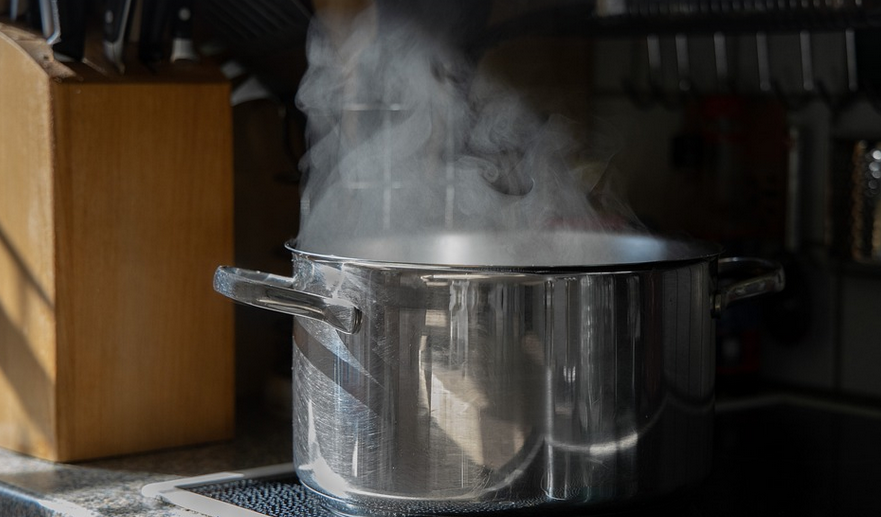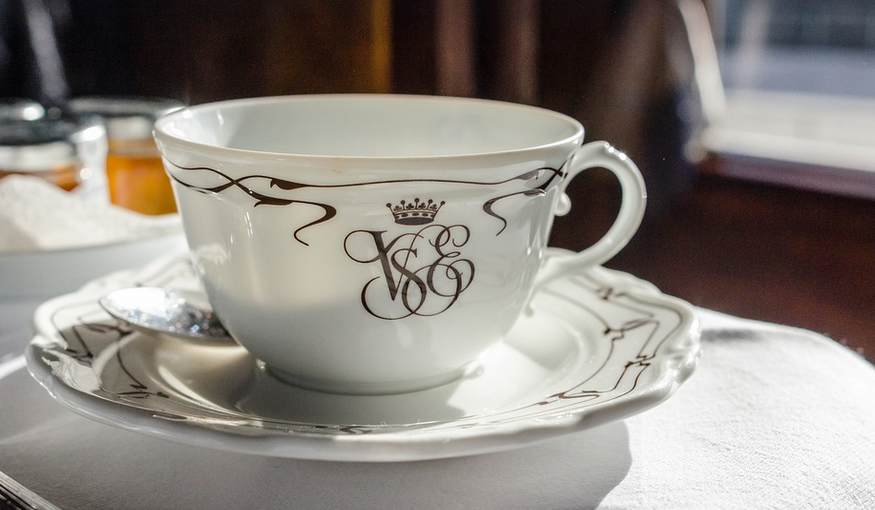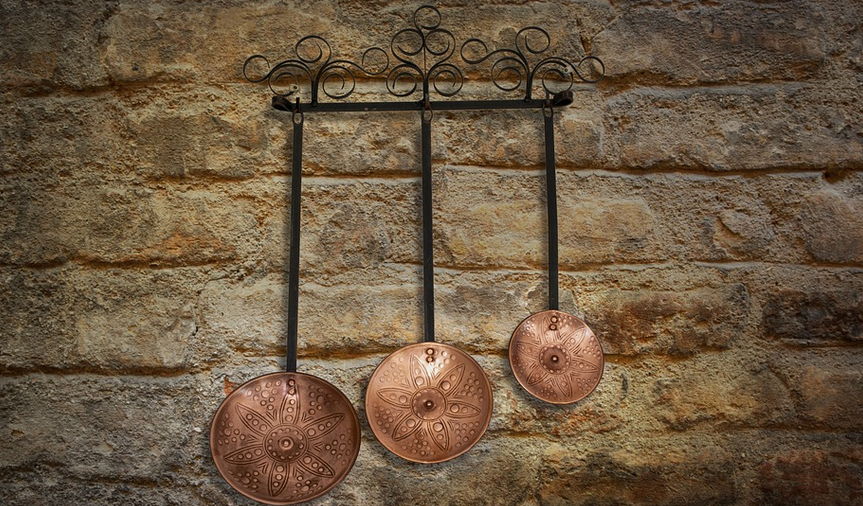Toilet Bowl Cleaner Safe For Septic Tanks?

Decoding the mystery of septic safe cleaners
As a homeowner, you’ve probably encountered those dreaded toilet bowl cleaner stains and that icky smell clinging to your bathroom. Cleaning up after a busy day is never fun, but tackling the porcelain throne can be a challenge when it comes to septic systems. You might find yourself wondering, “What kind of cleaners are safe for my septic system?”
Here’s the thing: Septic tanks have a delicate ecosystem that relies on natural processes to break down waste into harmless byproducts. Using harsh chemicals, even those marketed as “septic-safe”, can disrupt this delicate balance, potentially leading to costly repairs or even tank blockage. This article dives deep into the world of septic-friendly cleaning solutions and helps you choose the right product for your needs.
Understanding Septic Systems
Septic systems are a fantastic alternative to traditional sewage treatment plants in homes with limited plumbing options. They work by using microorganism colonies (bacteria) to break down wastewater from sinks, showers, and toilets into harmless substances. This natural process occurs within the septic tank, which is essentially a large container designed to hold the waste before it enters the final soil filter system.
The magic of septic systems lies in their ability to naturally decompose organic matter – like food scraps, oils, and even human waste – into water (with some remaining solids). This process relies on specific conditions for optimal bacterial growth and efficiency. Introducing harsh chemicals can throw off this delicate balance, disrupting the natural flow of decomposition.
The key takeaway here is that septic systems are highly sensitive to the type of cleaning products used. While general-purpose cleaners might be convenient, they often contain strong chemical ingredients that can disrupt the biological activity within the tank, leading to a range of problems.
Navigating the Choices: Septic-Safe Cleaners
There are many ways to clean your toilet bowl and keep your septic system in top shape. Let’s explore some common options!
**1. Enzyme-based cleaners:** These cleaners use powerful enzymes to break down waste, naturally removing odor and stains while providing a gentle approach for septic tanks.
* **Enzyme benefits: ** Biodegradable, effective at breaking down organic matter (and even grease!), safe for septic systems, and often come in concentrated formulas. * **Considerations:** May require more soaking time, not as readily available as traditional cleaners.
**2. Non-chlorine bleach:** While chlorine is a common disinfectant, it’s known to harm the beneficial bacteria found within septic tanks. Non-chlorine bleach is an excellent alternative, offering similar cleaning power but with less harsh impact on your septic system.
* **Bleach benefits: ** Effective at killing germs and removing stains, readily available, long-lasting odor control, and gentler than chlorine bleach.
* **Considerations:** Always use in well-ventilated areas, ensure proper dilution, and avoid contact with skin or eyes.
**3. Baking soda and vinegar:** While not a direct cleaning solution in itself, these natural ingredients can be your go-to for septic system maintenance! Baking soda helps neutralize odors, while vinegar acts as a disinfectant and deodorizer.
* **Baking soda benefits: ** Neutralizes acids, reduces odor, and cleans effectively. * **Vinegar benefits: ** Kills germs, removes stains, and has natural deodorizing properties.
* **Considerations:** Not as potent as commercial cleaners for removing stubborn stains or eliminating strong odors.
The Importance of Choosing the Right Cleaner
So, how do you choose a septic-safe cleaner? Here’s a quick breakdown:
**1. Check labels:** Look closely at product labels for specific mentions of “septic safe” or “biodegradable”.
**2. Avoid harsh chemicals**: Steer clear of bleach, ammonia, and other strong chemical cleaners that can disrupt the delicate balance of your septic tank. * **Why these are bad:** These ingredients can be damaging to beneficial bacteria in your septic system, potentially leading to costly repairs or a complete blockage.
**3. Consider the type of cleaner**: * **Enzyme-based cleaners:** Ideal for regular cleaning and maintaining the health of your septic tank.
* **Non-chlorine bleach:** Best for tackling stubborn stains or removing strong odors, but use cautiously to avoid harm to beneficial bacteria.
**4. Consult a professional: If you are unsure about which cleaner to choose or have specific concerns about your septic system, it’s best to consult with a professional plumber or septic tank specialist. They can provide expert advice and recommend the most appropriate cleaning solution for your individual needs.
Maintaining Your Septic System
Once you’ve chosen the right cleaner, remember that routine maintenance plays a crucial role in keeping your septic system running smoothly. This includes:
**1. Regular pumping:** As with any plumbing system, your septic tank requires periodic professional pumping to remove accumulated solids and maintain optimal efficiency.
**2. Routine inspection:** Having a qualified technician inspect your septic system periodically can help identify potential issues before they escalate into major problems.
**3. Avoid using harsh chemicals and excess water:** Minimizing the use of harsh chemicals, excessive water usage (which can over-load the tank), and other unnecessary stressors on your septic system is a key part of long-term health.
The Bottom Line: Cleaner Choices for Healthier Living
Choosing the right cleaner for your septic system doesn’t have to be overwhelming! By understanding the basics, selecting appropriate cleaners, and prioritizing regular maintenance, you can ensure that your home’s plumbing continues to operate smoothly without compromising the delicate balance of your septic tank.
You can enjoy a clean bathroom while maintaining the health and longevity of your septic system. Remember, taking care of your septic system is an investment in the long-term well-being of your home and yourself!


